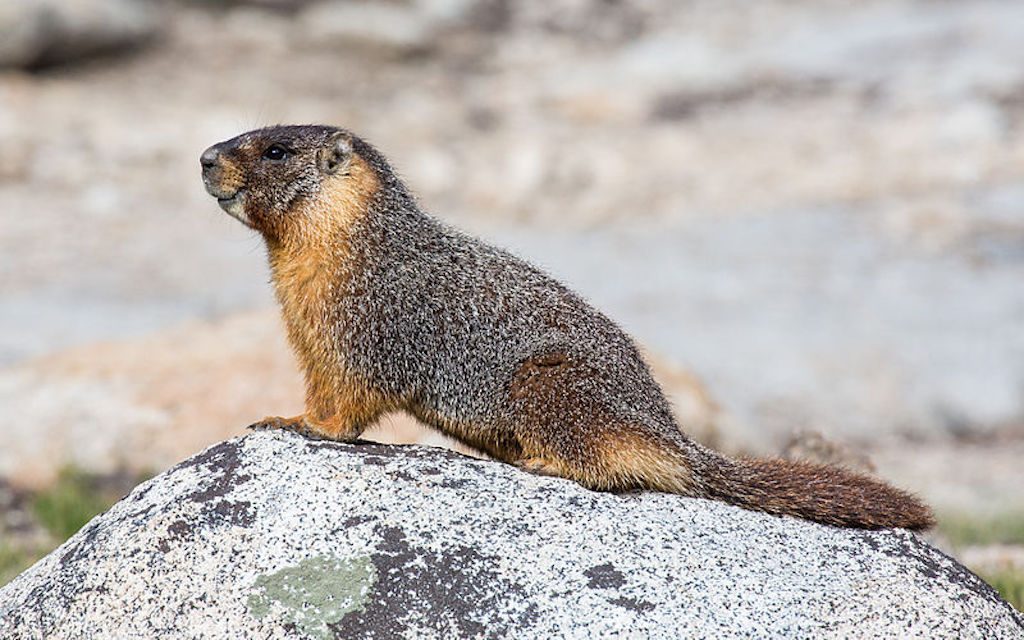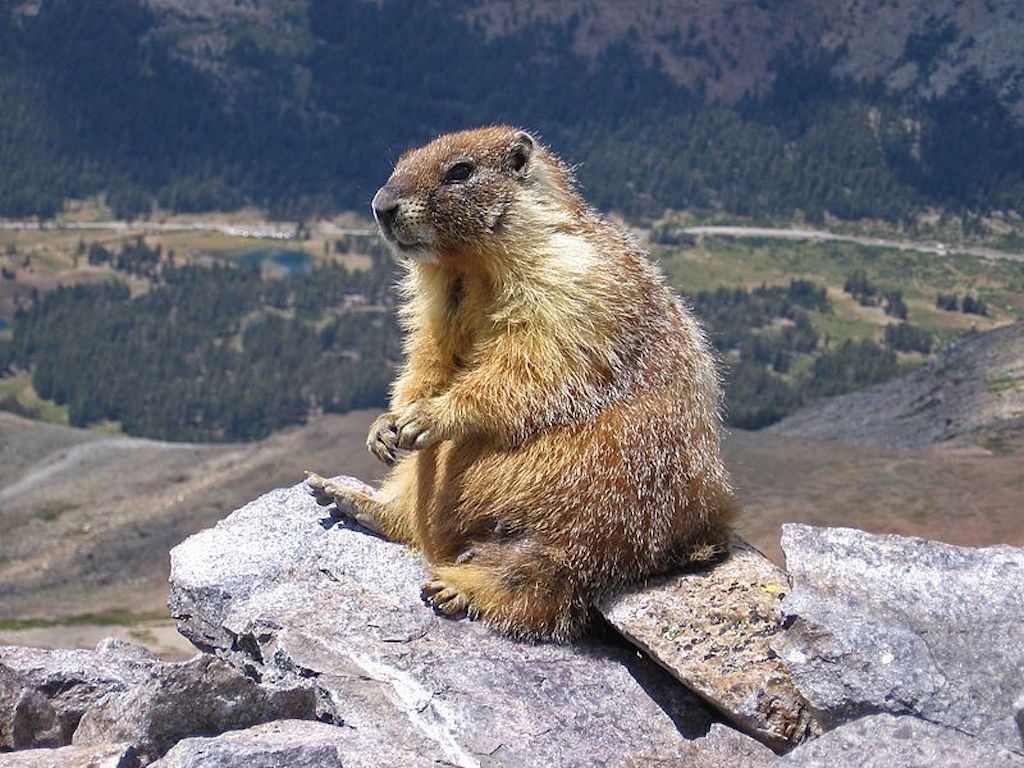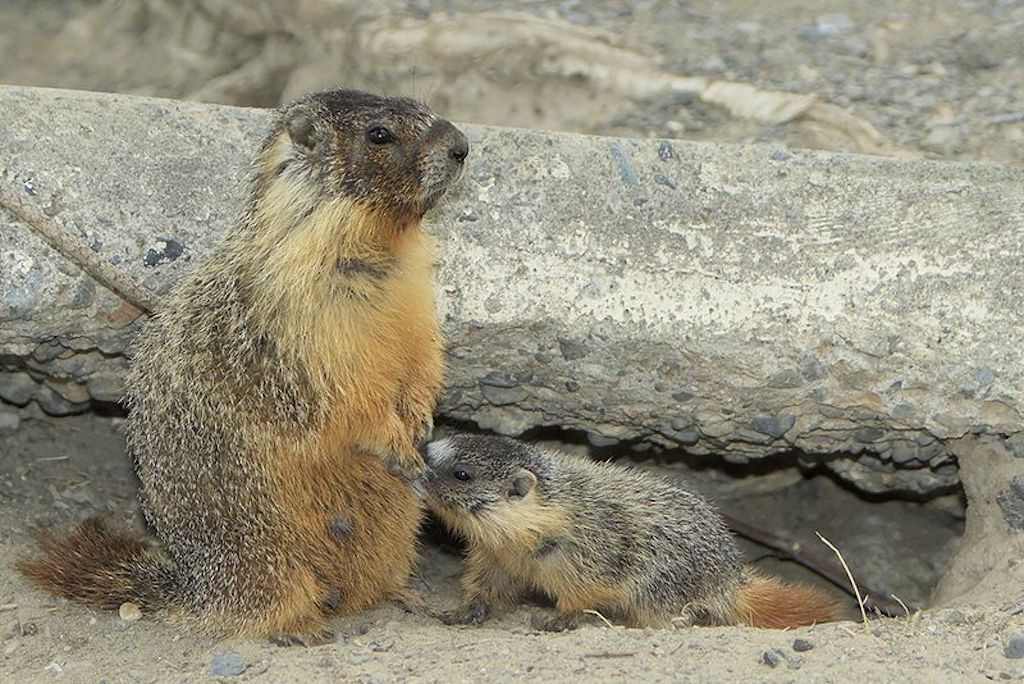
For people, the importance of a social life is well-proven by science. Interacting with family and friends enriches our daily lives, keeps us happy, and most importantly, healthy. Not so for marmots, however.
In a recently published study, Daniel T. Blumstein, a biologist at the University of California, Los Angeles and his colleagues found that yellow-bellied marmots died earlier when they had a great deal of social interaction in their lives.
Blumstein and his fellow researchers studied marmots in Colorado for 13 years and found that while the large rodents have an average lifespan of 15 years, the most social among them tend to die about two years earlier than the least social.

When the populations of the 11 marmot colonies the researchers tracked grew too large for their living space, female marmots were observed allowing their daughters to settle nearby, despite the fact that marmots prefer to be relatively solitary animals.
Blumstein did not have a definite hypothesis about why marmots who socialize die sooner. It could be, potentially, that the animals pass diseases back and forth when they live in close quarters, Blumstein told the New York New York Times. They may also wake each other from hibernation early, encouraging starvation, Blumstein went on.

The researchers believe their findings warrant a closer look into the behavior of animals that are generally anti-social, particularly solitary predators. While their habits may be based simply on their tendency to be territorial, it’s possible that staying away from others of their species whenever possible may actually be a life-preserving strategy.
This marmot would rather befriend a GoPro:




